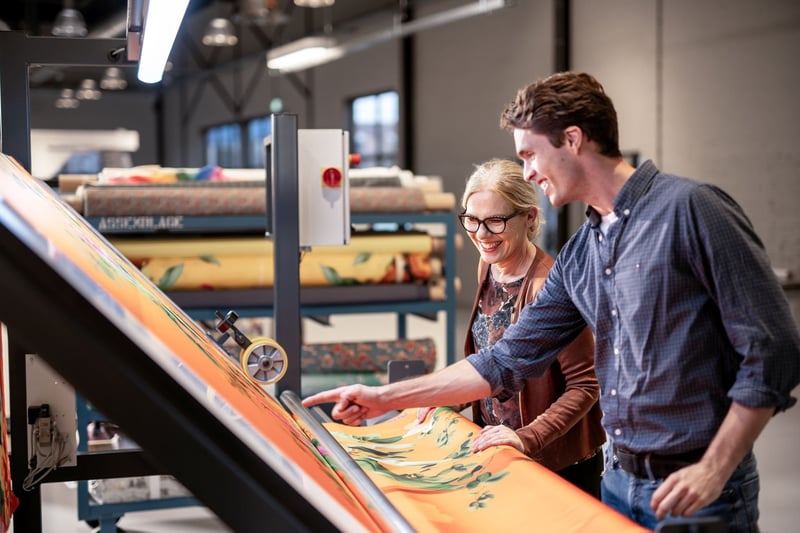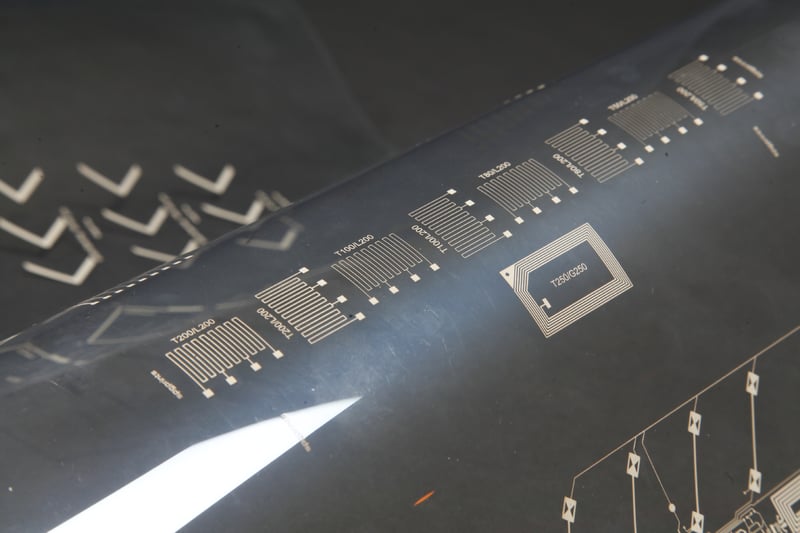Non-woven materials have experienced a remarkable surge in popularity, driven by their inherent cost-effectiveness and remarkable adaptability across a diverse array of product categories. These versatile materials are utilized in the production of essential items ranging from medical supplies, such as surgical masks and gowns, to everyday hygiene products like diapers and wipes. As the demand for such products continues to rise, fueled by growing global health awareness and consumer preference for convenience, the non-woven industry is witnessing rapid expansion.
This expansion is accompanied by intensifying competition, making the selection of the appropriate screen a critical strategic decision for manufacturers. The right screen not only influences production efficiency, ensuring that operations run smoothly and products meet quality standards, but also plays a vital role in overall business sustainability. By optimizing resource utilization and minimizing waste, companies can enhance their environmental stewardship while maintaining a competitive edge in the market.
Evaluating Cost-Effectiveness: Initial Investments vs. Long-Term Savings
Cost-effectiveness in non-woven manufacturing is a multifaceted consideration that goes beyond the initial purchase price of screens. It encompasses the total cost of ownership (TCO), including maintenance, operational expenses, and the lifespan of the screen. For manufacturers operating in a tight-margin industry, balancing these factors is key to maintaining profitability.
Wire mesh screens, known for their affordability, may appeal to those with limited budgets. However, they often require frequent replacement, which can increase TCO. MPS screens, with their advanced electroformed construction, offer greater durability and stability, potentially reducing maintenance costs and downtime. The latest Jade screens, though slightly more expensive upfront, promise substantial long-term savings through enhanced sustainability and efficiency, making them an attractive investment for forward-thinking manufacturers.
Performance Metrics: Consistency and Efficiency in Production
Performance is a critical criterion when selecting screens for non-woven manufacturing. The ability to deliver consistent and efficient production is essential for meeting customer demands and maintaining high product standards. Consistency ensures that each batch of product adheres to precise specifications, reducing waste and enhancing customer satisfaction.
Wire mesh screens can deliver reliable performance but often require close monitoring and adjustments. MPS screens offer improved stability and fiber entanglement, leading to higher product quality. Jade screens take performance to the next level, ensuring superior consistency while reducing water pressure requirements. This innovation not only enhances efficiency but also contributes to energy savings, aligning with the growing demand for sustainable manufacturing practices.
Durability and Maintenance: Minimizing Downtime
The durability of screens directly influences the frequency of maintenance and the likelihood of unexpected downtime—both of which can disrupt production and inflate costs. In an industry where time is money, minimizing downtime is crucial for maintaining a competitive edge.
Wire mesh screens, although easy to replace, are prone to wear and fiber accumulation, requiring more frequent maintenance. MPS screens provide greater durability, thereby reducing the need for frequent interventions. Jade screens, designed for robust performance in high-pressure environments, offer the highest level of durability, ensuring longer operational cycles and minimal maintenance needs. By investing in durable screens, manufacturers can optimize their production schedules and enhance overall profitability.
The Environmental Impact of Non-Woven Screen Choices
As sustainability becomes a central focus for industries worldwide, the environmental impact of production processes is under scrutiny. Non-woven manufacturers have an opportunity to contribute to a greener future by selecting screens that align with sustainable practices.
Wire mesh screens, while recyclable, involve an energy-intensive recycling process. MPS screens, made from durable nickel, offer a longer lifespan and easier recyclability, reducing the environmental footprint. Jade screens are engineered with sustainability at their core, offering lower energy consumption through reduced water pressure needs and high recyclability. By adopting Jade screens, manufacturers can demonstrate a commitment to environmental stewardship, enhancing their reputation and appeal to eco-conscious consumers.
Future Trends in Sustainable Manufacturing Solutions
The future of non-woven manufacturing is set to be defined by innovations that prioritize sustainability without compromising performance. As environmental concerns grow, manufacturers are increasingly seeking solutions that reduce energy consumption and waste, while maintaining cost-effectiveness and efficiency.
Emerging technologies, like the Jade screens, exemplify the potential for sustainable advancements in manufacturing. These screens not only optimize production processes but also align with broader environmental goals. As the industry continues to evolve, staying ahead of these trends will be crucial for manufacturers aiming to secure a competitive advantage in a rapidly changing market.
In conclusion, selecting the appropriate non-woven screens involves a careful consideration of cost-effectiveness, performance, and environmental impact. By making informed choices, manufacturers can not only enhance their production capabilities but also contribute to a sustainable future, ensuring long-term success in the competitive landscape of non-woven manufacturing.



